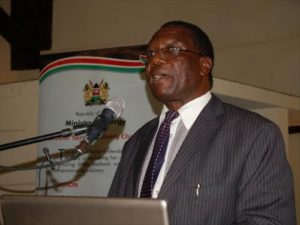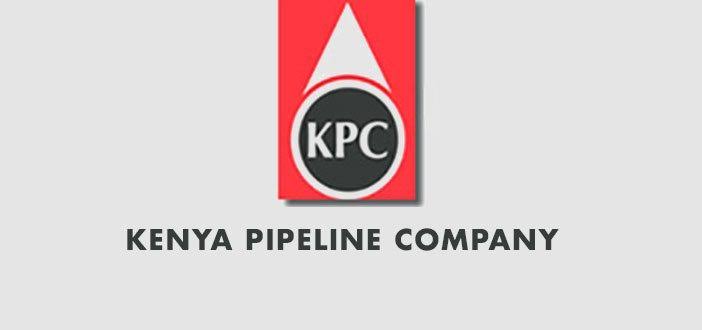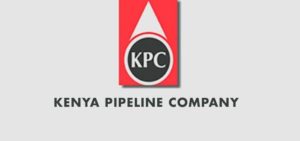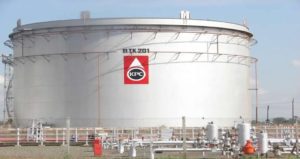According to Business Daily Africa, 5 commercial banks in Kenya will earn an estimate of 16 billion Kenyan Shillings as interest on a 35 billion Kenyan Shillings syndicated loan which was given to the Kenya Pipeline Company (KPC) to build the new 48.4 billion Kenyan Shillings Mombasa to Nairobi oil pipeline.
Co-operative Bank, Stanbic, Citibank (Kenya), Commercial Bank of Africa, Standard Chartered Bank and Rand Merchant Bank jointly lent the sum of 5.8 billion Kenyan Shillings each, to the State owned corporation.
The loan was signed by the Kenya Pipeline Company (KPC) in the middle of July 2014 to construct the 450-kilometre pipeline from Mombasa to Nairobi.
A report by the Kenya Pipeline Company (KPC) which was submitted to the National Assembly’s Energy Committee, revealed that the State corporation has so far, provided 2.3 billion Kenyan Shillings this year (2019) as part of the interest payment on the eight year loan.
During a presentation last week to Members of Parliament (MPs) the acting Managing Director in charge of Strategy at the Kenya Pipeline Company (KPC) Disterius Nyakinda made it known, “We are paying the annual interest to the banks on quarterly basis and this will run over the next six years. We have already paid interest for two years, we expect to remit an average of 2 billion Kenyan Shillings yearly.”
The interest rate for the syndicated loan for the new pipeline which is commonly known as ‘Line 5’, is 5.38 percent. Then there is also LIBOR (the London Interbank Offered Rate) which currently stands at 2.1 per cent, and brings the total interest charge to about 7.5 per cent.
Mr. Disterius Nyakinda made it known that, “Commercially, the rates are at 13 per cent currently. But we secured the loan at the rate of about 7.5 per cent.”
The London Interbank Offered Rate (LIBOR) is the average interest rate at which leading banks borrow funds from other banks in the London market.
The Chairman of the National Assembly’s Committee; Robert Purkose, as well as Members Of Parliament (MPs); Elisha Odhiambo, Elsie Muhanda, and Vincent Musyoka, inquired about the interest that the Kenya Pipeline Company (KPC) was paying for the loan, with Mr. Purkose asking, “Have you considered renegotiating with the banks to reduce this interest charge? This interest is significant and is eating into your earnings. Will Kenyans get value for money on this expensive pipeline?”
In response however, the acting Managing Director in charge of Strategy at the Kenya Pipeline Company (KPC); Disterius Nyakinda told the Members of Parliament (MPs) that the Kenya Pipeline Company (KPC) has the options of either paying back the loan on the agreed interest rate or negotiating with the financiers for a possible restructuring.
Mr. Nyakinda stated that, “If we were to renegotiate and restructure the loan, we can pay it at a lesser period to save the company more money that is going into interest.”
He added regarding the Kenya Pipeline Company (KPC) projects that in about 12 months, LIBOR (the London Interbank Offered Rate) may come down to 1.3 percent, meaning that the interest rate will reduce from 7.5 per cent to 6.3 per cent.
The the Kenya Pipeline Company (KPC) also made it known that it made an average profit of 11.3 billion Kenyan Shillings per annum for the past six years.

Hudson Andambi who is the acting managing director of the the Kenya Pipeline Company (KPC), said a drop in the indicative pre-tax profit for the financial year of 2018/19 to 5.2 billion Kenyan Shillings is what mainly led to the on-boarding of new infrastructure which increased depreciation to 6.7 billion Kenyan Shillings compared to 3.7 billion Kenyan Shillings in the previous financial year.
He added that the provision for the Kenol-Kobil debt of 4.3 billion Kenyan Shillings as well as the interest on the loan for Line 5 of 2.3 billion Kenyan Shillings also ate into profits of the the Kenya Pipeline Company (KPC).




